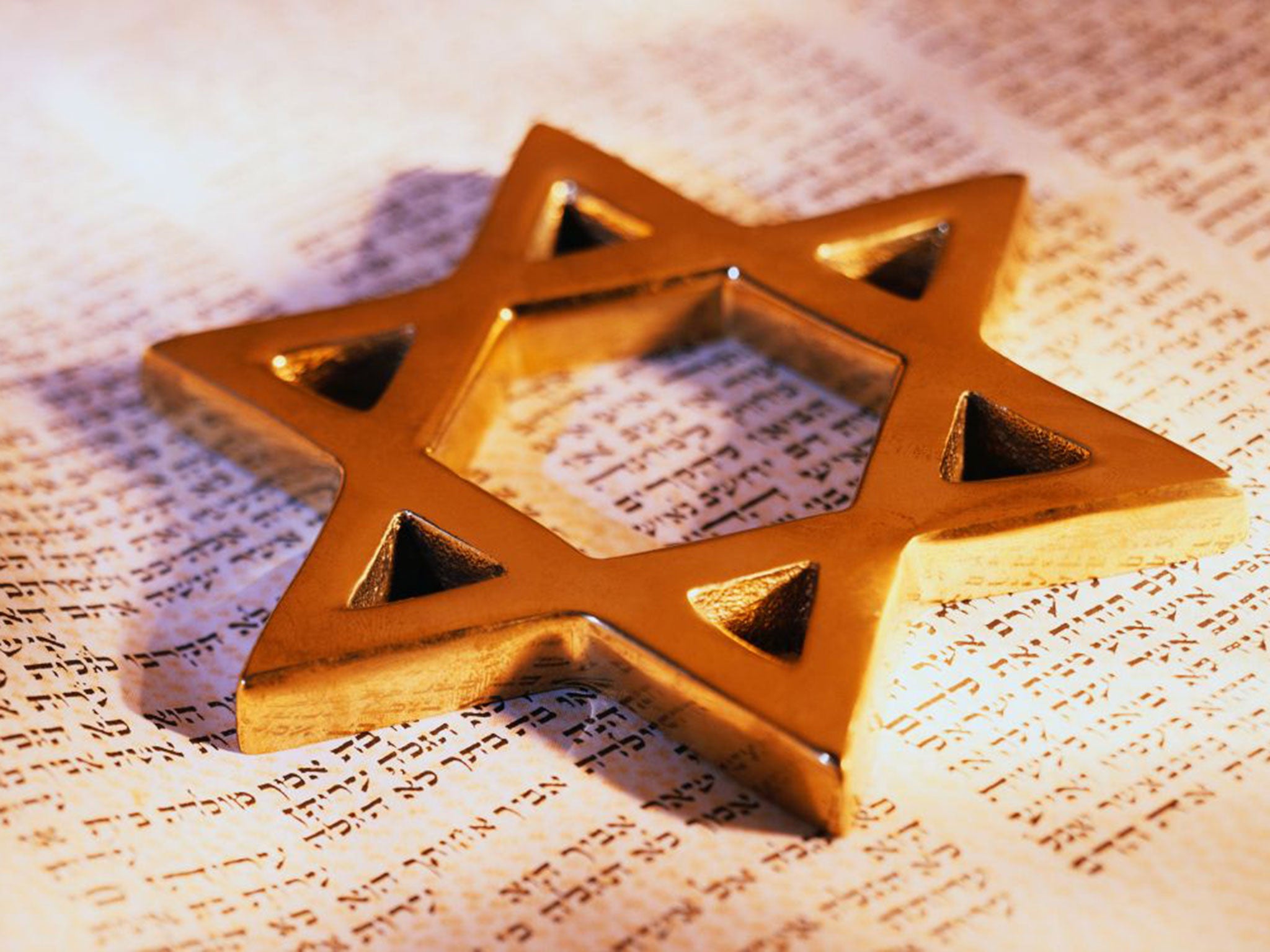Yom Kippur 2016: Everything you need to know about the holiest day of the Jewish year

Your support helps us to tell the story
From reproductive rights to climate change to Big Tech, The Independent is on the ground when the story is developing. Whether it's investigating the financials of Elon Musk's pro-Trump PAC or producing our latest documentary, 'The A Word', which shines a light on the American women fighting for reproductive rights, we know how important it is to parse out the facts from the messaging.
At such a critical moment in US history, we need reporters on the ground. Your donation allows us to keep sending journalists to speak to both sides of the story.
The Independent is trusted by Americans across the entire political spectrum. And unlike many other quality news outlets, we choose not to lock Americans out of our reporting and analysis with paywalls. We believe quality journalism should be available to everyone, paid for by those who can afford it.
Your support makes all the difference.What is it?
Yom Kippur itself is a fast day where Jews are supposed to pray a day of prayer and abstaining from both food and drink for 25 hours. It starts at sunset and ends 25 hours later when three stars can be seen in the sky.
What happens?
Otherwise known as the Day of Atonement, is the holiest day of the Jewish calendar.
Although it falls on a different date ever year, it always comes 10 days after Jewish new year – known as Rosh Hashanah – and is usually in September.
Rosh Hashanah marks the beginning on of Ten Days of Repentance where Jews are given the chance to reflect on and apologise for their sins, culminating in a 25-hour day of fast and prayer on Yom Kippur.
And what’s this about a chicken?
The most famous – and admittedly peculiar – custom that has developed around Yom Kippur involves swinging a chicken over your head three times to absolve yourself of sin. Known as Kapparot, this is usually done the day before Yom. As well as eccentric and quite possibly pagan in its origin, it’s also controversial – this year it is the subject of two lawsuits.
What are you allowed to do on it?
Outside of praying and repenting, very little.
Really?
The idea is to put aside the physical to focus on the spiritual and atone for our sins to focus on the New Year with a clean slate – which in practice means Jewish people follow the same rules as the Sabbath in which they do not ‘work’. Depending on levels of observance, that can mean anything from not going into the office to not carrying and using electricity such as light-switches, smartphones and TVs. As well as that, Jewish practice forbids wearing leather shoes, washing or have sex. Some very observant Jews stand all day and avoid sleeping.
Join our commenting forum
Join thought-provoking conversations, follow other Independent readers and see their replies
Comments